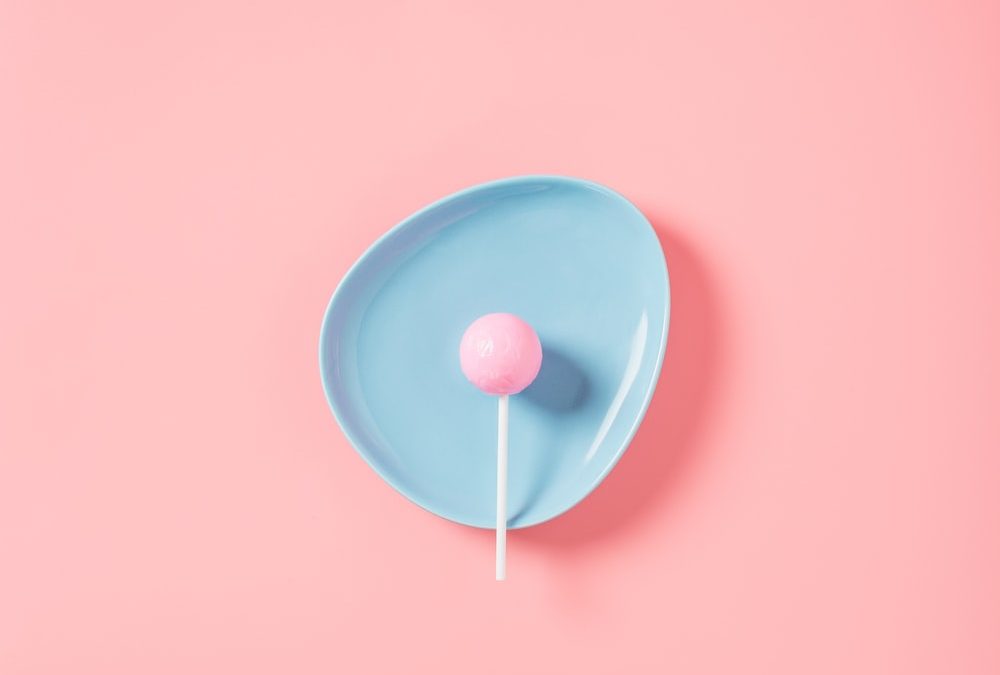Drinks marked ‘Diet’ and snacks boasting ‘Sugar-Free’ seem to be godsends when trying to cut calories or avoid harmful side effects of added sugar. Worryingly, however, there’s evidence that substitutes may still contribute to weight gain and present further possible health problems.
The Not-So-Sweet Side of Artificial Sweeteners
In the past controversy has surrounded artificial sweeteners, with suspicions that they could be carcinogenic. The claims, however, haven’t been adequately backed by studies and should only be a concern if you’re consuming vast quantities.
So swapping to these carb-clever solutions should be a safe and steadfast tactic to cut calories whilst still tantalising your sweet tooth, right?
Unfortunately, it seems you can’t have your cake and eat it – artificially sweetened or not.
Some potential consequences of artificially sweetened products include:
- Physiological responses that lead to weight gain. When you taste something sweet, your brain prepares your body for incoming calories. When these calories don’t turn up your metabolism and hormones can be affected. This particular study involved the sweetener saccharin.
- Enhanced appetite and overcompensation that lead to further weight gain. Fewer calories translate to less energy and a likelihood of consuming more calories later to compensate.
- Sugar cravings. We can’t appreciate natural flavours of food after becoming accustomed to how much sweeter sweeteners taste than sucrose.
- Damage to gut health. One article revealed a risk of developing glucose intolerance through the Gut Microbiome being altered. Non-nutritive sweeteners like sucralose and aspartame are main culprits here.
Some Supposedly Safer Sugar Substitutes
‘Natural sweeteners’ such as stevia, are believed to have no acute or chronic effect on blood sugar or neurologically, and could even reduce cravings for sweet foods.
‘Sugar alcohols’ like xylitol can be another so-called natural solution, which acts like dietary fibre and can be beneficial to weight loss and metabolism. They can, however, cause gastrointestinal disturbances.
Although products like these do seem safer than chemically created artificial sweeteners, one must be aware that the term ‘natural’ can be thrown around a little too loosely. Some also suggest these products haven’t been studied enough to know for sure. Raw and naturally occurring sugars – think Manuka honey, dates and fruit – whilst higher in calories, are likely the less risky choice.
The Sugar-Free Illusion
Essentially, opinions are conflicting and research for both sides of the argument is limited so it comes down to personal preference. If you feel your appetite is expanding resulting in weight gain, or you require more and more sweetness, abstinence is the obvious choice. However, if you feel energised and satiated by all means take advantage of clever alternatives on offer. Just remember to be mindful, aware and remain in control.
It’s all about figuring out what works for you. If you’re looking to keep your calories in check and find sweeteners don’t have adverse effects on you or leave you feeling hungrier, that’s perfectly fine. If, on the other hand, you’re trying to heal your gut and eliminate sugar cravings, maybe they’re not the answer. It’s worth bearing in mind that focusing solely on calories is not always conducive to longevity, feeling energised, keeping in good health or looking your best.
Perhaps as much as we’d like there to be, there’s no such thing as a (calorie) free lunch.


So interesting and well written !